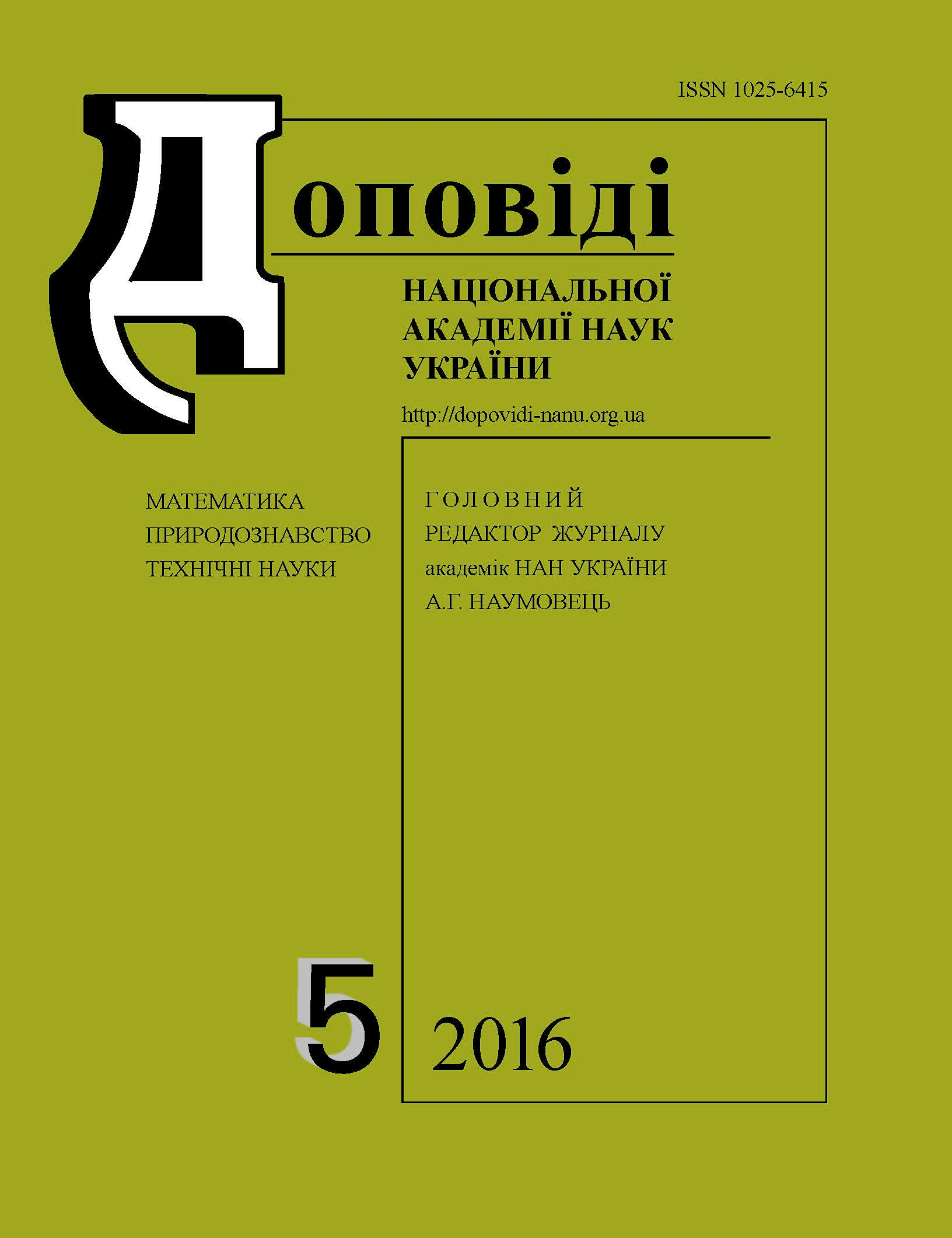Application of the Monte-Carlo simulation for the statistical testing of the hypothesis that a steady-state distribution of the number of customers in the queueing system GI=G=1 tends to the normal distribution in the case of heavy traffic
DOI:
https://doi.org/10.15407/dopovidi2016.05.030Keywords:
The queueing system GI/G/∞ in a heavy traffic is considered. A statistical testing of the hypothesis that a steady-state distribution of the number of customers tends to the normal distribution is proposed. The χ2-criterion enables us to determine a minimal load, from which the statistical data don’t contradict this hypothesis.Abstract
The queueing system GI/G/∞ in a heavy traffic is considered. A statistical testing of the hypothesis that a steady-state distribution of the number of customers tends to the normal distribution is proposed. The χ2-criterion enables us to determine a minimal load, from which the statistical data don’t contradict this hypothesis.
Downloads
References
Kovalenko I. N. Advances in Queueing, Boca Raton, CRC Press, 1995: 481–506.
Blaszczyszyn B., Frey A., Schmidt V. Commun. Statist. Stoch. Models, 1995, 11, No 3: 423–445.
Wang C. L. Adv. Appl. Probab., 1997, 29, No 3: 532–541.
Kovalenko I. N., Atkinson J. B., Mikhalevich K. V. Queueing Systems, 2003, 45, No 3: 245–271.
Ross K. W. Multiservice loss models for broadband telecommunication networks, London, Springer, 1995.
Simonian A., Roberts J. W., Theberge F., Mazumdar R. Adv. Appl. Probab., 1997, 29, No 4: 806–829.
Livinskaya A. V., Lebedev E. A. Cybernetics and System Analysis, 2012, No 6: 106–113.
Lebedev E., Livinska G. Communications in Computer and Information Science, 2013, No 356: 122–130.
Mandjes M. Europ. J. Oper. Res., 1997, 101, No 2: 393–405.
Lassila P. E., Virtamo J. T. Proc. of the ITC-16, Teletraffic Engineering in a Competitive World, Edinburgh,
Elsevier, 1999: 787–796.
Shumskaya А. А. Cybernetics and System Analysis, 2004, No 2: 133–145.
Downloads
Published
How to Cite
Issue
Section
License
Copyright (c) 2024 Reports of the National Academy of Sciences of Ukraine

This work is licensed under a Creative Commons Attribution-NonCommercial 4.0 International License.



